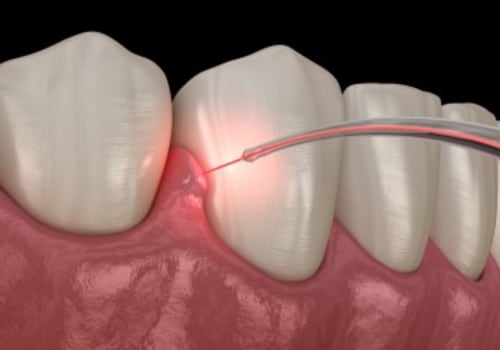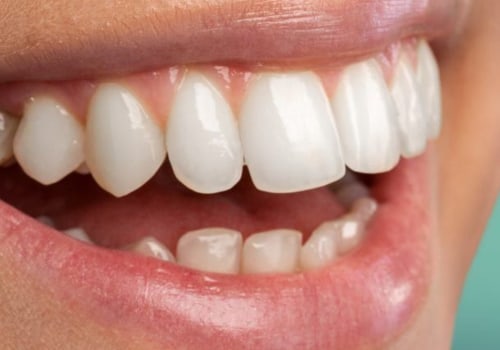Painless: Unlike mechanical drills, dental lasers do not produce vibrations. They also seal the tooth as they remove diseased tissue, making it a painless procedure. People see lasers that cut metal or wood, making them think that lasers will damage their gums or teeth. Instead, laser dentistry helps dentists to be more precise during procedures.
Lasers are quieter and less painful compared to drills. Because they cause little or no pain, patients who don't like the feeling of anesthesia can perform the procedure without anesthesia. Laser dentistry has been previously approved by the U.S. Food and Drug Administration for use as a regular dental treatment.
Laser dentistry is extremely versatile and can be used for many different treatments and procedures, reducing discomfort and offering accurate results with little or no pain and a faster recovery time. To be specific, laser dentistry refers to light energy, which is a thin beam of extremely focused light, exposed to a particular tissue so that it can be molded or removed from the mouth. Because laser dentistry is at the forefront of dental treatment, many patients assume that it is more expensive than traditional techniques. Water laser dentistry (Waterlase) is a revolutionary dental tool that works by using water and air to attack treatment areas.
Laser dentistry is better because it's painless, less invasive, and offers a faster recovery than traditional therapies. A laser dental filling uses a hard tissue laser to remove cavities in the tooth, often without anesthesia. We mainly use dental lasers for surgical and periodontal procedures, although dental lasers can also be used in restorative procedures. Recovery from laser dentistry depends on the procedure being performed, but it's usually easier, with very little bleeding, pain, and swelling after surgery.
In today's era, patients often prefer laser dentistry because it's more comfortable, effective, and affordable compared to other dental treatments. Laser dentistry allows us to perform procedures without noise, with minimal pain, less bleeding, faster recovery and fewer appointments. Hard tissue lasers are used on the teeth themselves, while soft tissue lasers are used on the gums, cheeks and other soft tissues in the mouth.







